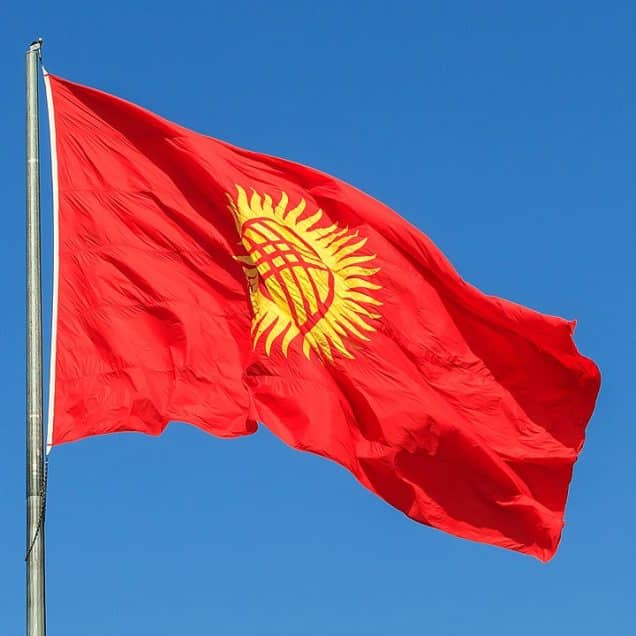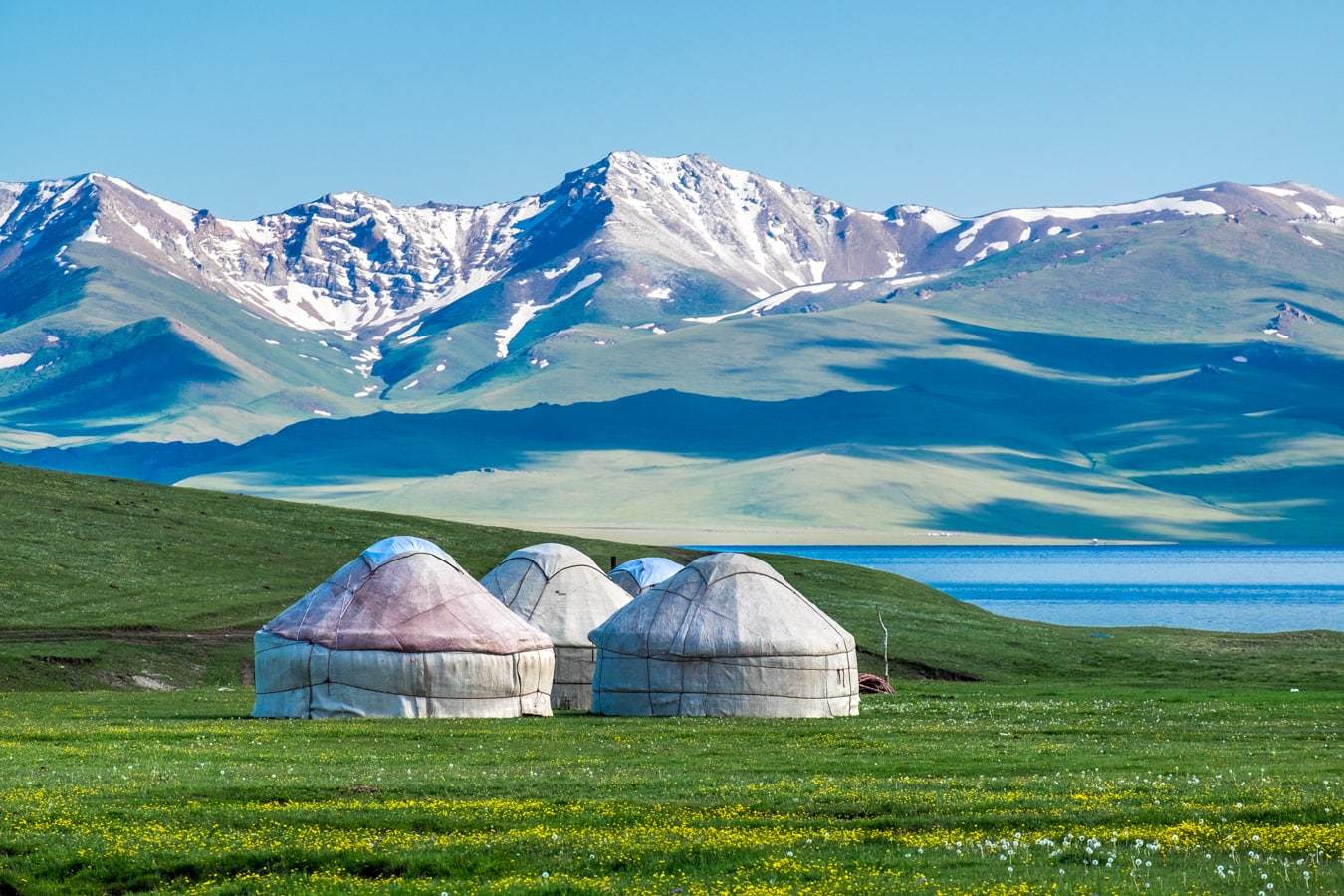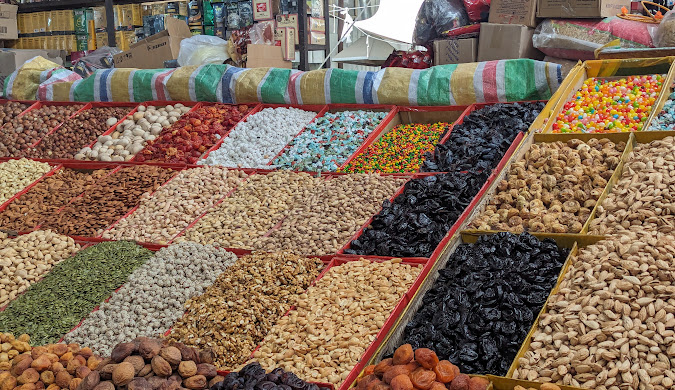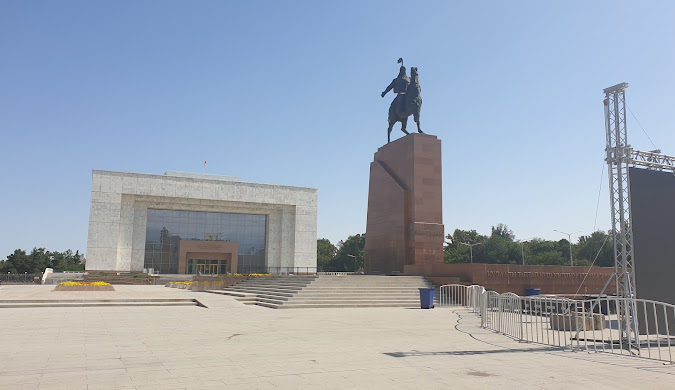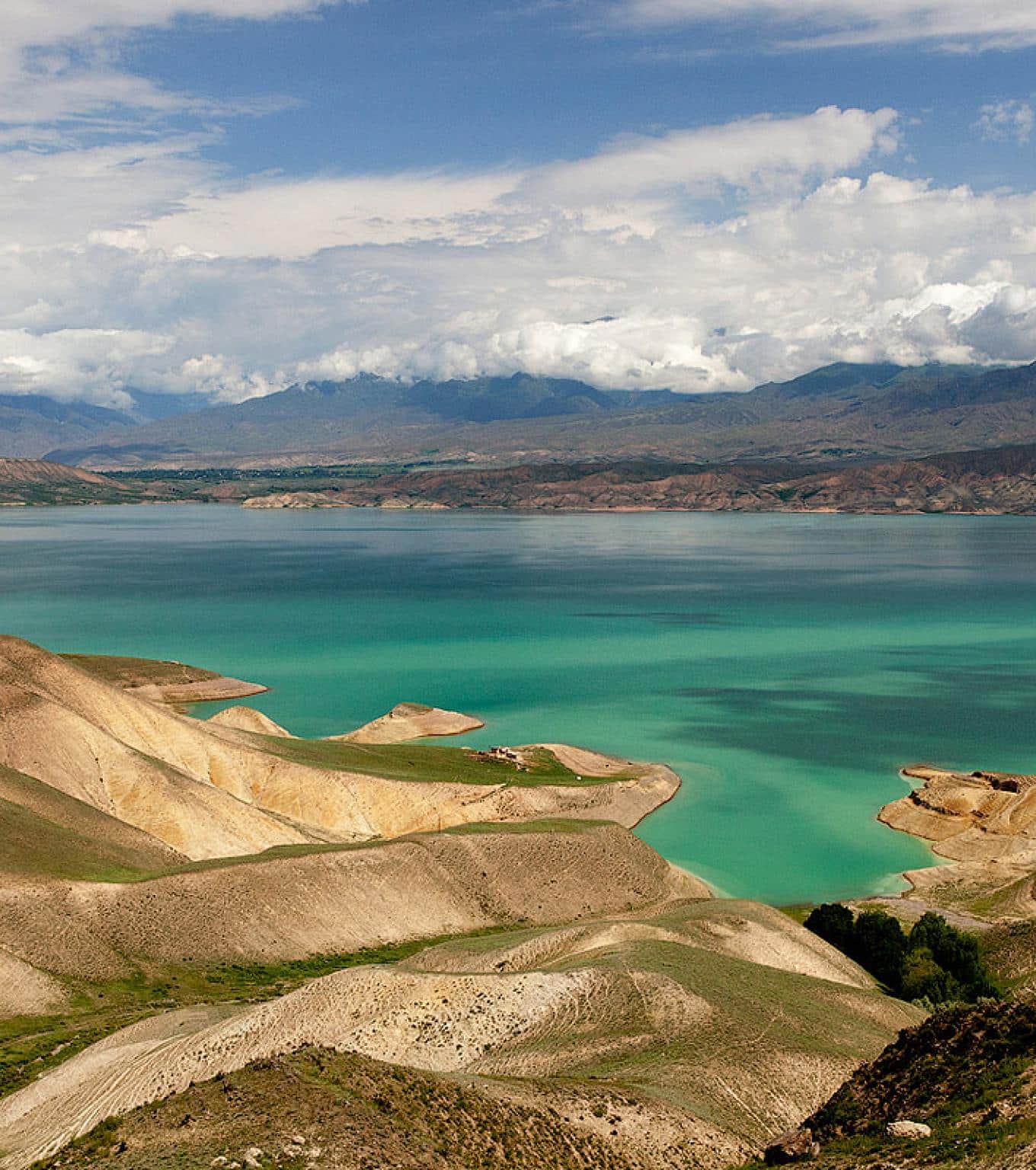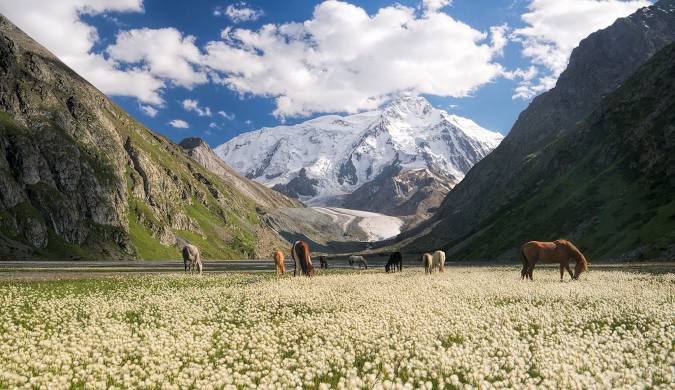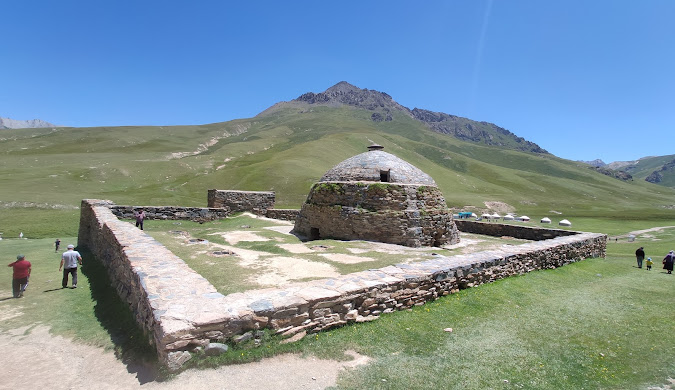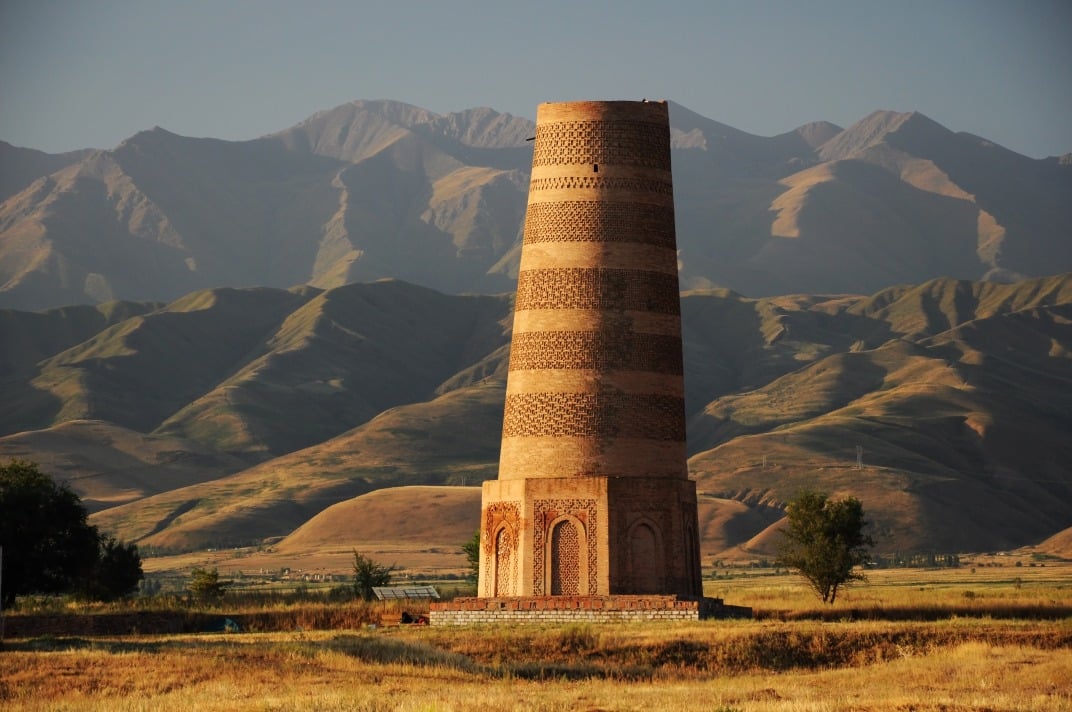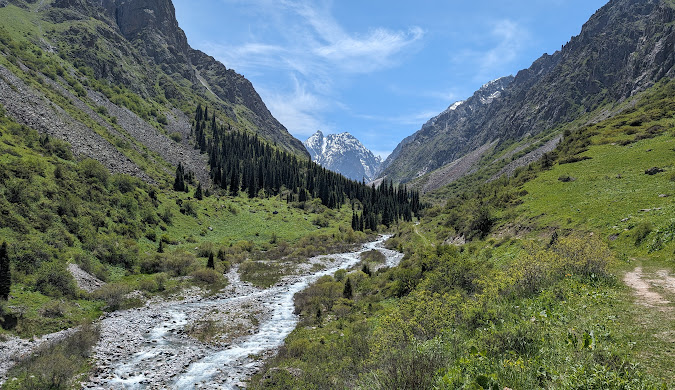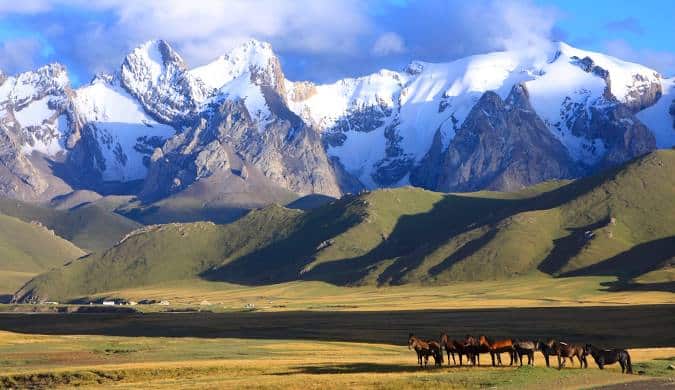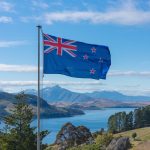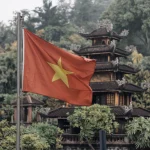

Discover Kyrgyzstan
Sights
Map
Info
Kyrgyzstan is a beautiful Central Asian country known for its stunning mountain landscapes, rich nomadic culture, and outdoor adventure opportunities. The country offers breathtaking natural beauty, ancient historical sites, and iconic locations like Issyk-Kul Lake, making it an ideal destination for those interested in nature and adventure. When planning your trip, it’s important to be informed about visa and passport requirements, transportation and accommodation options, and dining and cultural practices. Additionally, practical tips about the local cuisine, shopping opportunities, and language barriers can help you make the most of your visit.
Visa and Passport Requirements
Visa-Free Entry: Citizens of several countries, including Turkey and many European nations, can enter Kyrgyzstan visa-free for up to 60 days.
Passport Validity: Ensure that your passport is valid for at least six months from your intended date of entry into Kyrgyzstan.
Visa Application: Travelers from countries requiring a visa can apply for an e-visa online through Kyrgyzstan’s official visa portal.
Transportation
Air Travel: Manas International Airport in Bishkek is the main entry point, and domestic flights connect cities like Osh and Naryn.
Taxis and Public Transport: Taxis are affordable and readily available in cities, while marshrutkas (minibuses) are the primary mode of public transport.
Car Rentals: Renting a car is a good option for exploring remote areas, though rural roads and mountain passes can be challenging.
Accommodation
Luxury Hotels: International-standard hotels are available in Bishkek and the Issyk-Kul region, offering comfort and amenities.
Mid-range Hotels: Affordable and comfortable hotels are common in larger cities and offer good value for money.
Yurt Camps: For a more authentic experience, travelers can stay in yurts in the mountains or near Issyk-Kul Lake.
Dining
Local Cuisine: Kyrgyz cuisine is hearty and meat-based, with popular dishes like beshbarmak (boiled meat with noodles) and manty (dumplings).
Restaurants: In Bishkek and other major cities, you can find a range of dining options, including traditional Kyrgyz, Russian, and international cuisine.
Tea Culture: Tea is a central part of Kyrgyz hospitality, and visitors will often be offered tea during meals or visits to local homes.
Cultural Considerations
Dress Code: Kyrgyzstan is relatively modern in cities, but more conservative dress is recommended when visiting rural areas or religious sites.
Hospitality: The Kyrgyz people are known for their hospitality, and it is common for visitors to be invited for tea or a meal in local homes.
Religious Sensitivity: While Kyrgyzstan is a secular state, the majority of the population is Muslim, and respecting Islamic customs is appreciated.
Language
Official Languages: Kyrgyz and Russian are the official languages, with Russian being widely spoken in cities.
English Usage: English is spoken by younger people and in tourist areas, but knowledge of basic Kyrgyz or Russian can be helpful in rural regions.
Translation Apps: Translation apps can be useful for overcoming language barriers, particularly in more remote areas.
Technology and Communication
Wi-Fi Access: Wi-Fi is readily available in most hotels, cafés, and restaurants in major cities, but access may be limited in rural areas.
Mobile SIM Cards: Affordable local SIM cards with data plans are widely available and easy to purchase at the airport or in the city.
Shopping and Payment
Cash and Cards: Cash is widely used, though credit cards are accepted in larger cities and hotels. ATMs are available in major towns.
Currency Exchange: The Kyrgyz Som (KGS) is the official currency, and foreign currency can be exchanged at banks or exchange offices.
Bargaining: Bargaining is common in local markets, particularly for souvenirs and handicrafts.

